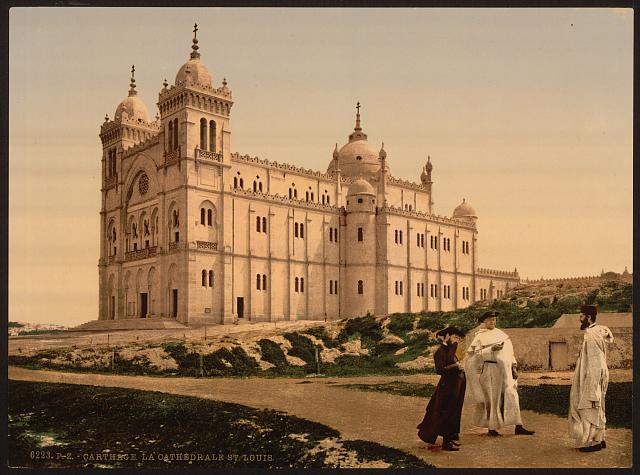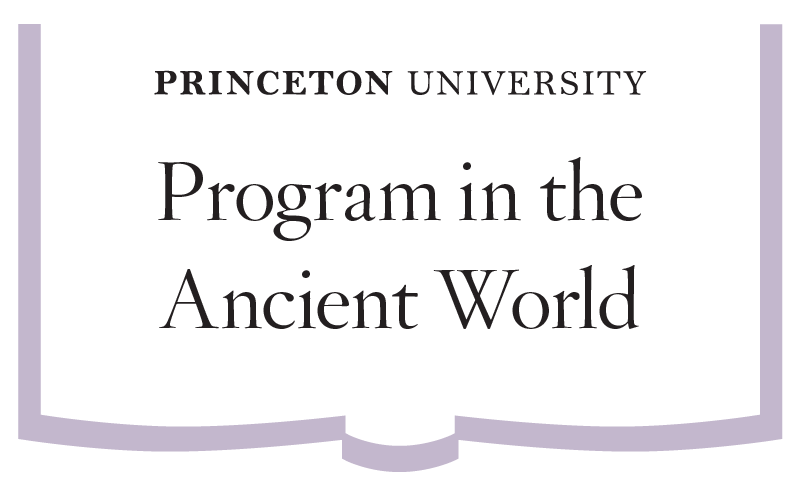
‘A sad view of how pagans felt about their neighbors’: New evidence for magical practices in Carthage
Celia Sánchez Natalías University of Zaragoza
November 7, 2024 · 12:00 pm—1:20 pm · 209 Scheide Caldwell
Program in the Ancient World

Defixiones, also known as curse tablets, were an ancient magico-religious technology that allowed individuals to confront a slew of personal problems and crises, such as unrequited love, pending legal prosecutions, or even sabotaging opposing sports teams in the chariot races. I begin by defining this type of text, before giving a brief history of the important and idiosyncratic collection of curse tablets from Roman Carthage. The bulk of the talk consists in sharing a selection of recently re-examined tablets. While some of these texts were previously published and I offer corrections and improvements on the work of previous scholars, others remain unpublished. I also pay special attention to the archaeological contexts of these inscriptions (when information is available) and also discuss the role of the practitioners who manufactured these defixiones.
About the Speaker:
Dr. Celia Sánchez Natalías is a Ramón y Cajal postdoctoral researcher at the University of Zaragoza (Spain). Currently, she is also a William D. Loughlin Member at the School of Historical Studies at the Institute for Advance Study. Trained as an ancient historian and epigrapher, she researches ancient Mediterranean magical practices with a focus on curse tablets from the Roman West. She is the author of Sylloge of Defixiones from the Roman West (Oxford, BAR 2022) and the editor of Litterae magicae. Studies in Honour of Roger S. O. Tomlin (Zaragoza, 2019), as well as several other forthcoming edited volumes. Additionally, she has written numerous articles and book chapters on ancient magic. Currently, she is primarily focused on preparing a new edition of the North African curse tablets.












